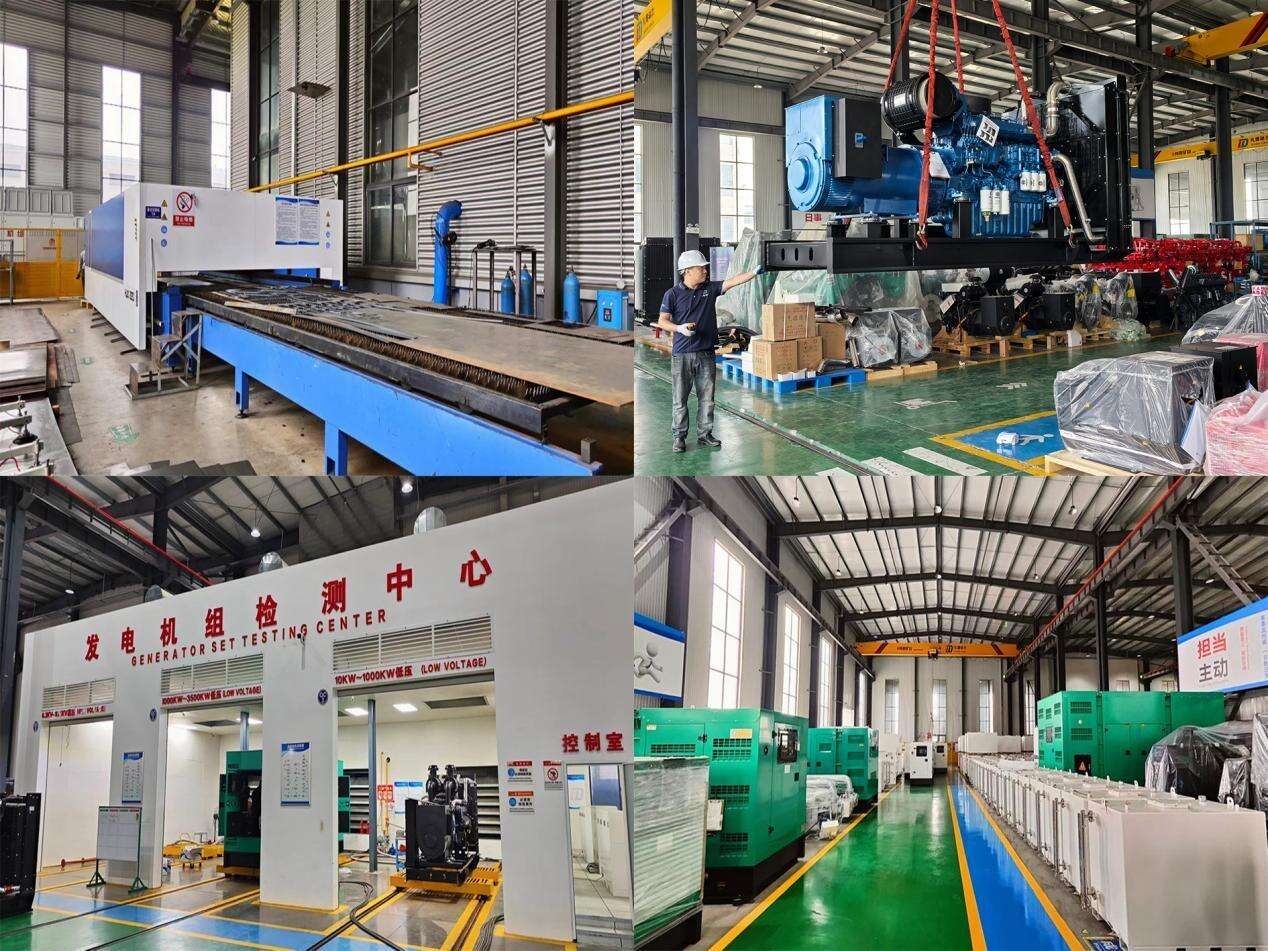Zero Carbon Dioxide Emissions: The Core of Clean Energy
The large output of CO2 during operation is of most diesel generators is why diesel generators are considered the opposite of clean energy. The impact of diesel generators on global warming is immense. diesel generators fuel is hydrogen. Unlike diesel, hydrogen produces water, not CO2, as a waste product. Achieving carbon-neutral energy is most likely with hydrogen. Industries are able to use hydrogen generators to reduce their carbon footprints. They can be used as backup power in factories as well as in off-grid energy systems. These generators are able to ensure that no carbon is added to the atmosphere. This is a critical advantage of these generators in comparison to most conventional energy alternatives.
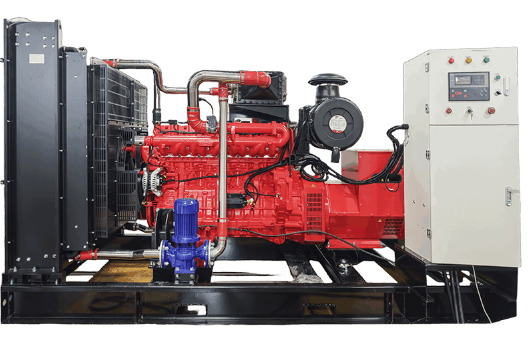
Compatibility with Renewable Energy Sources
They can also use green hydrogen generated through electrolysis with solar or wind energy. This creates a closed, sustainable energy loop. Solar and wind energy are clean, though intermittent, sources used to generate hydrogen, which is then converted back into stable electricity by a hydrogen generator. This stabilizes storage loss and keeps the entire chain of energy loss, fossil fuel free. Areas that want to use renewable energy fully or hydrogen generators, helps integrate intermittent green energy into the daily supply safely and reliably.
Low Noise and Vibration for Versatile Applications
Hydrogen generators have the benefit of low noise and minimal vibration. Regular generators, particularly diesel ones, create loud noise and very big vibrations while working which makes them unsuitable in urban locations, residential neighborhoods or places that have a sensitive environment. Those generators are designed in a way that makes the noise and vibration very small. That is why they are ideal for situations that need quiet work, like urban backup power systems, hospitals and residential communities. They help improve the environment by decreasing noise and vibration pollution.
Optimizing Energy Use with Sustainable Efficiency
When it comes to renewable energy options, the performance of energy generated through hydrogen fuel generators cannot be overlooked. Assessing the energy transformers fuel generators can use the latest technology available to increase fuel efficiency. For example, the latest hydrogen fuel generators are efficient to the point that they convert a larger proportion of hydrogen fuel energy into electricity compared to stagnating generators that lose energy during their operation. Improved efficiency enables a reduction in amount fuel needed to generate electricity. This efficient consumption of hydrogen fuel is ideal in the current economic environment where businesses and industries are looking to reduce costs. This efficient consumption of hydrogen fuel also boosts strategic energy use aimed at resource optimization.



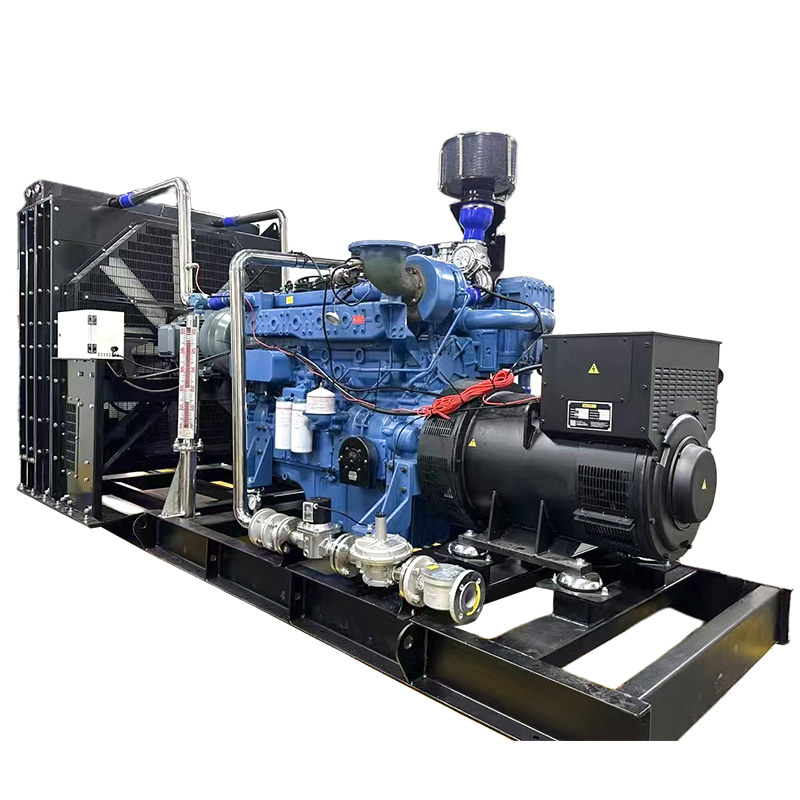
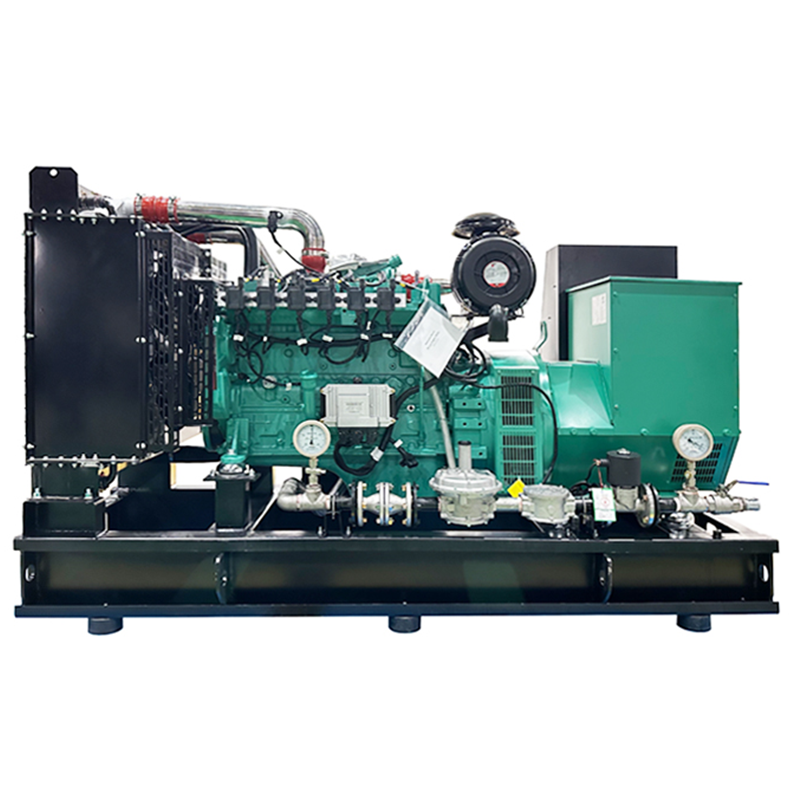
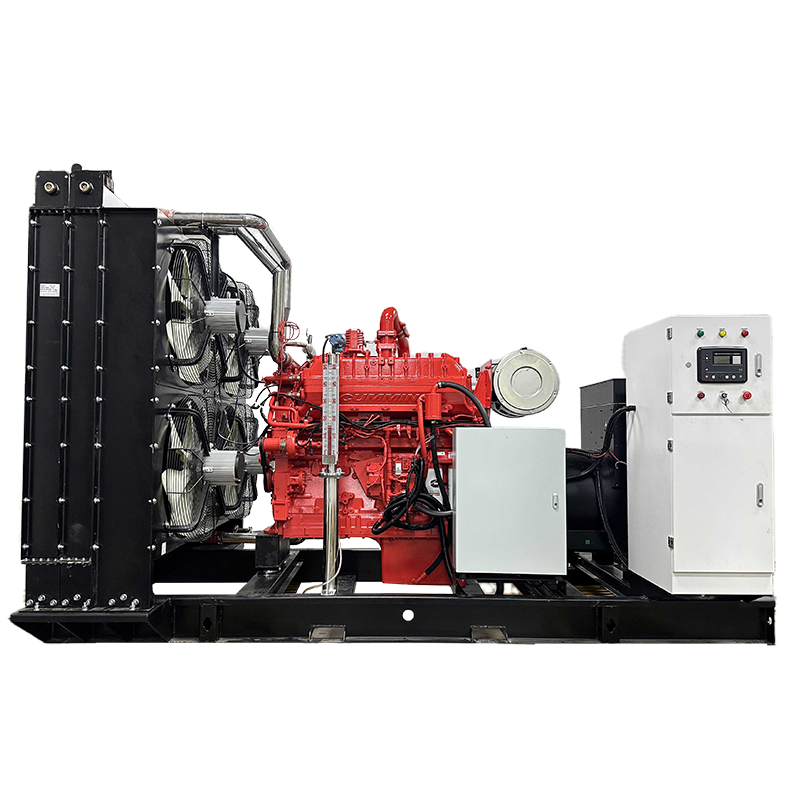
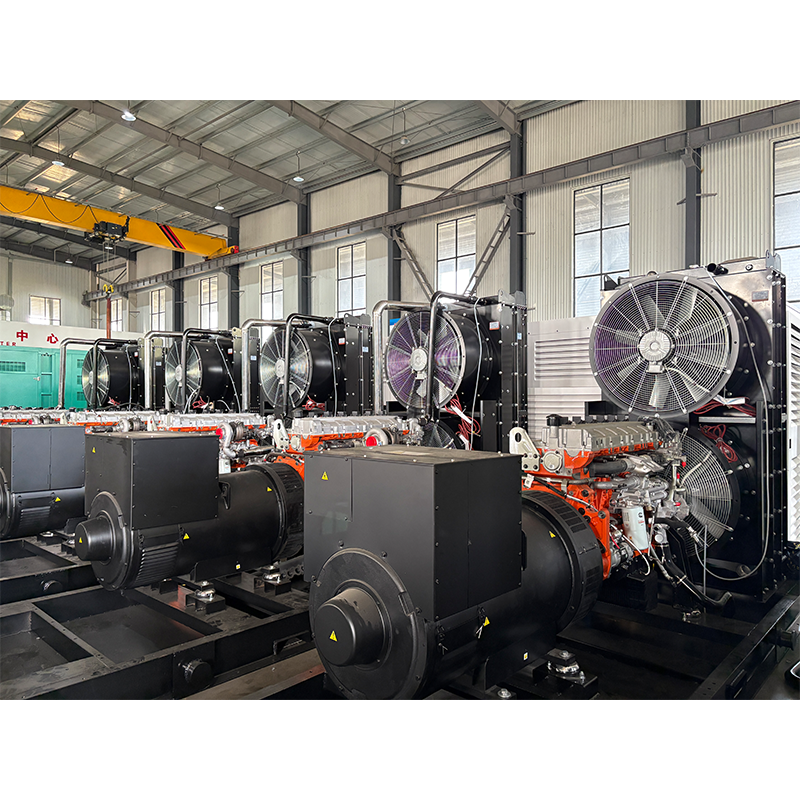
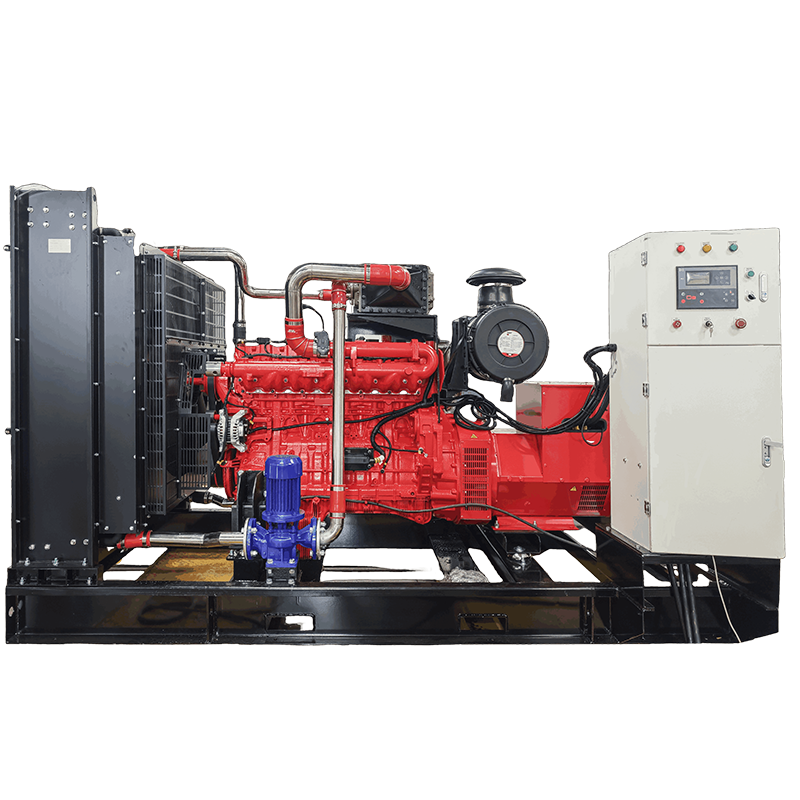
 Hot News
Hot News